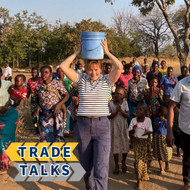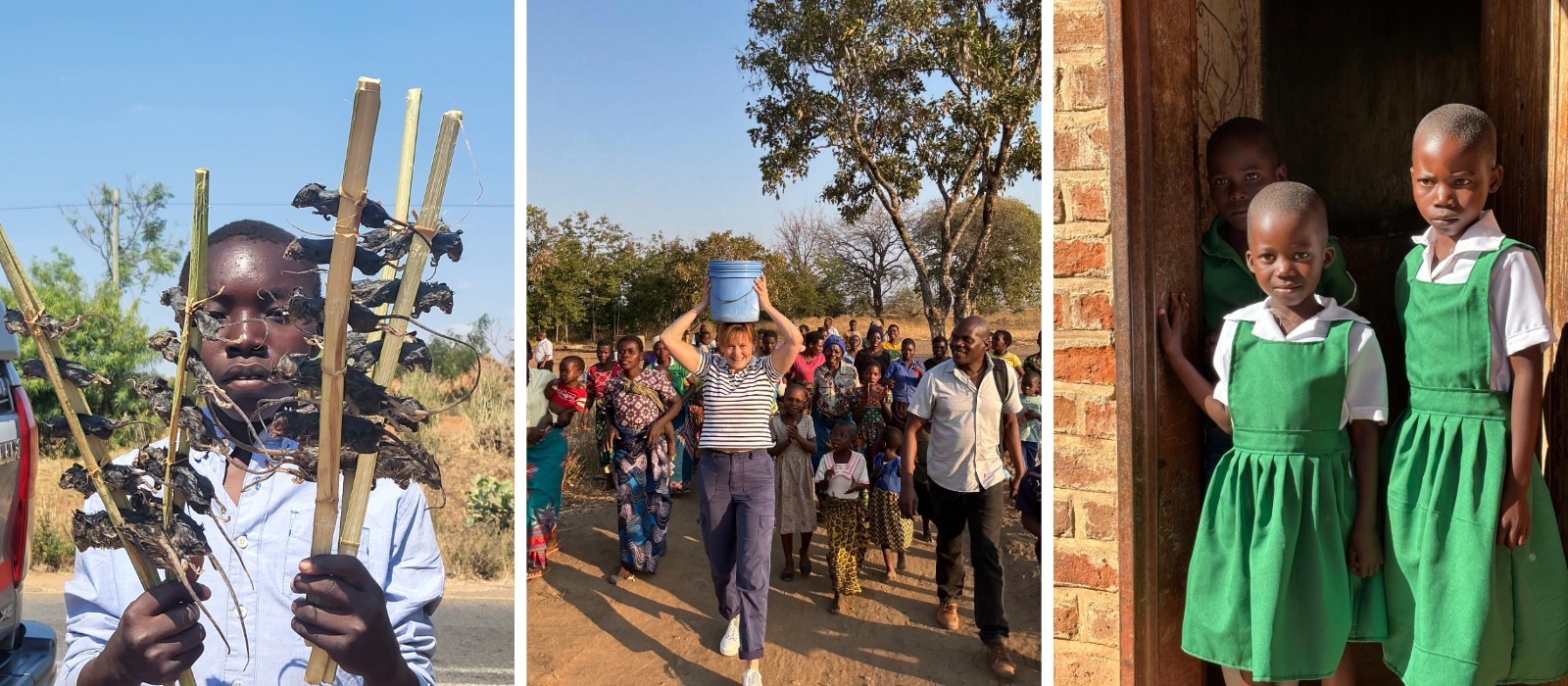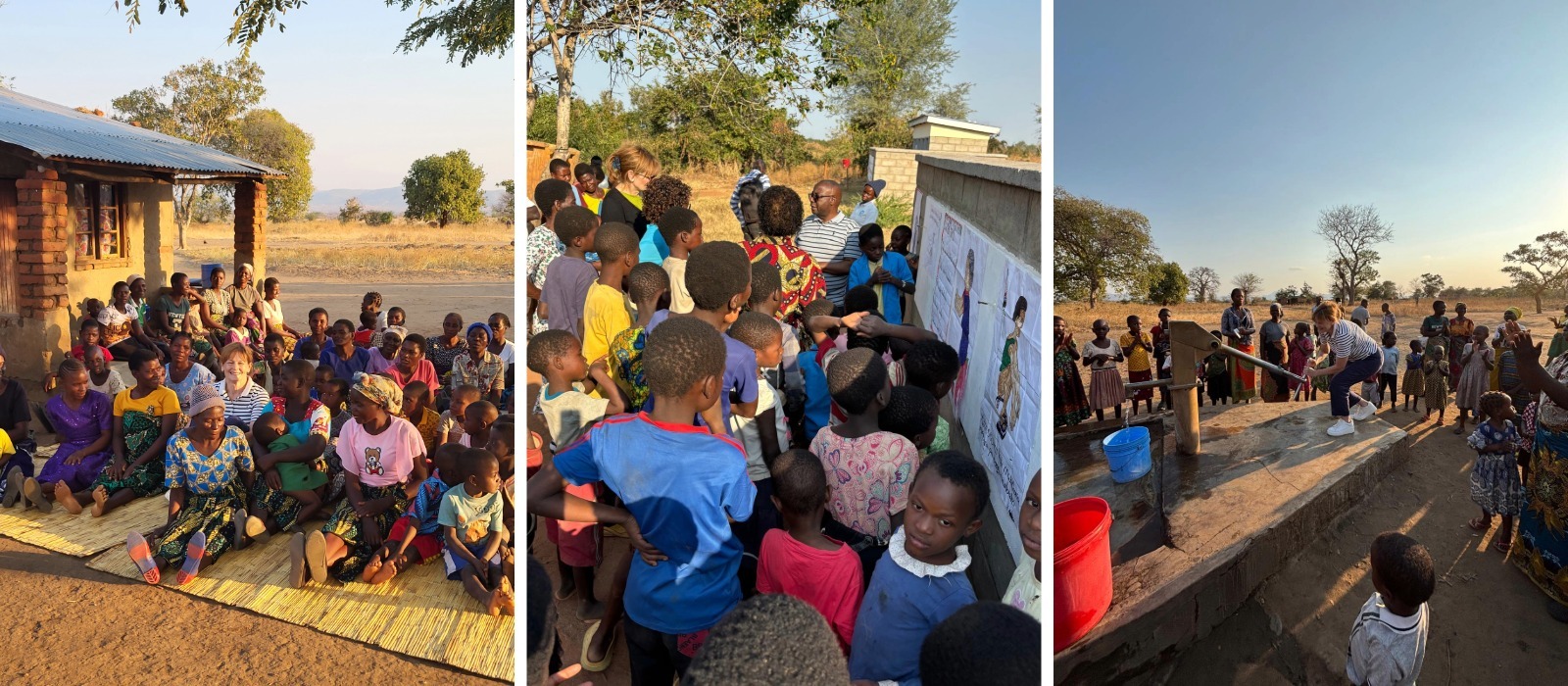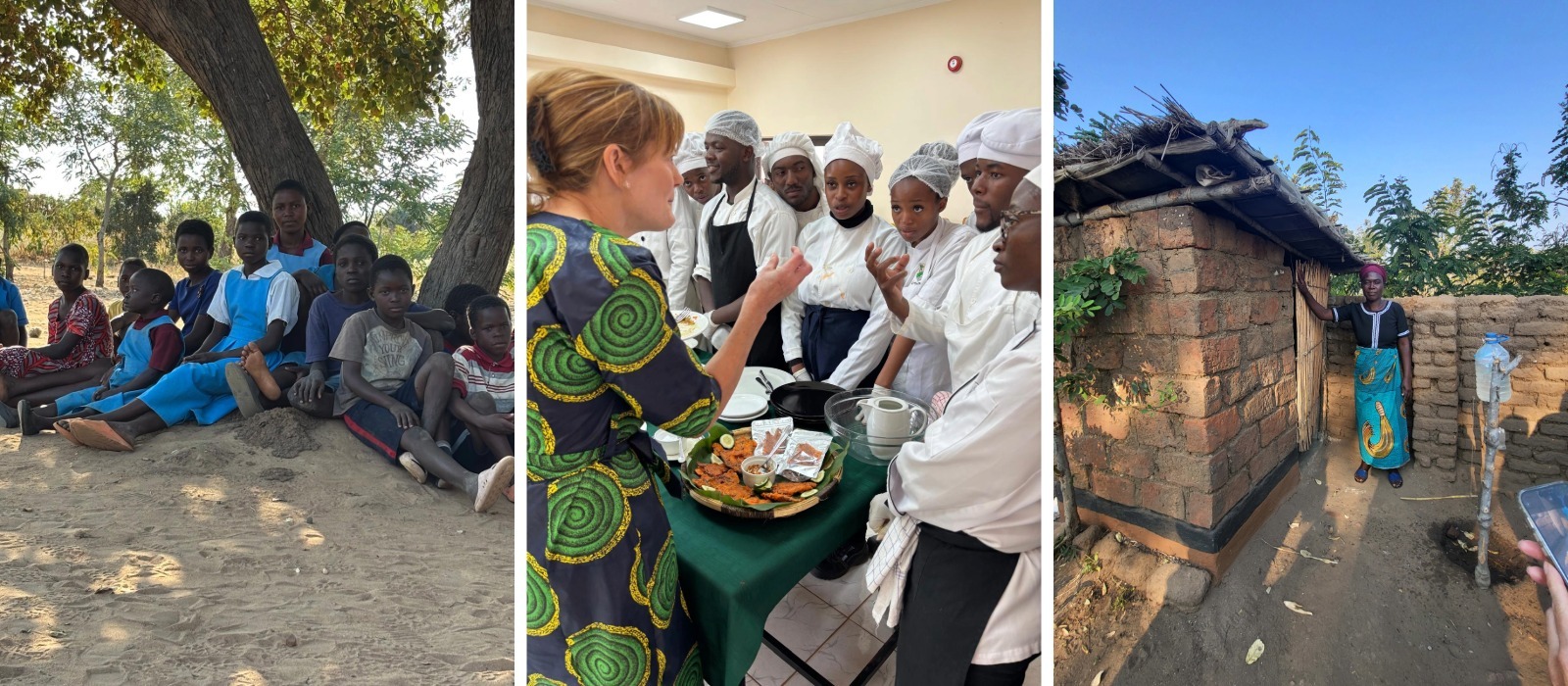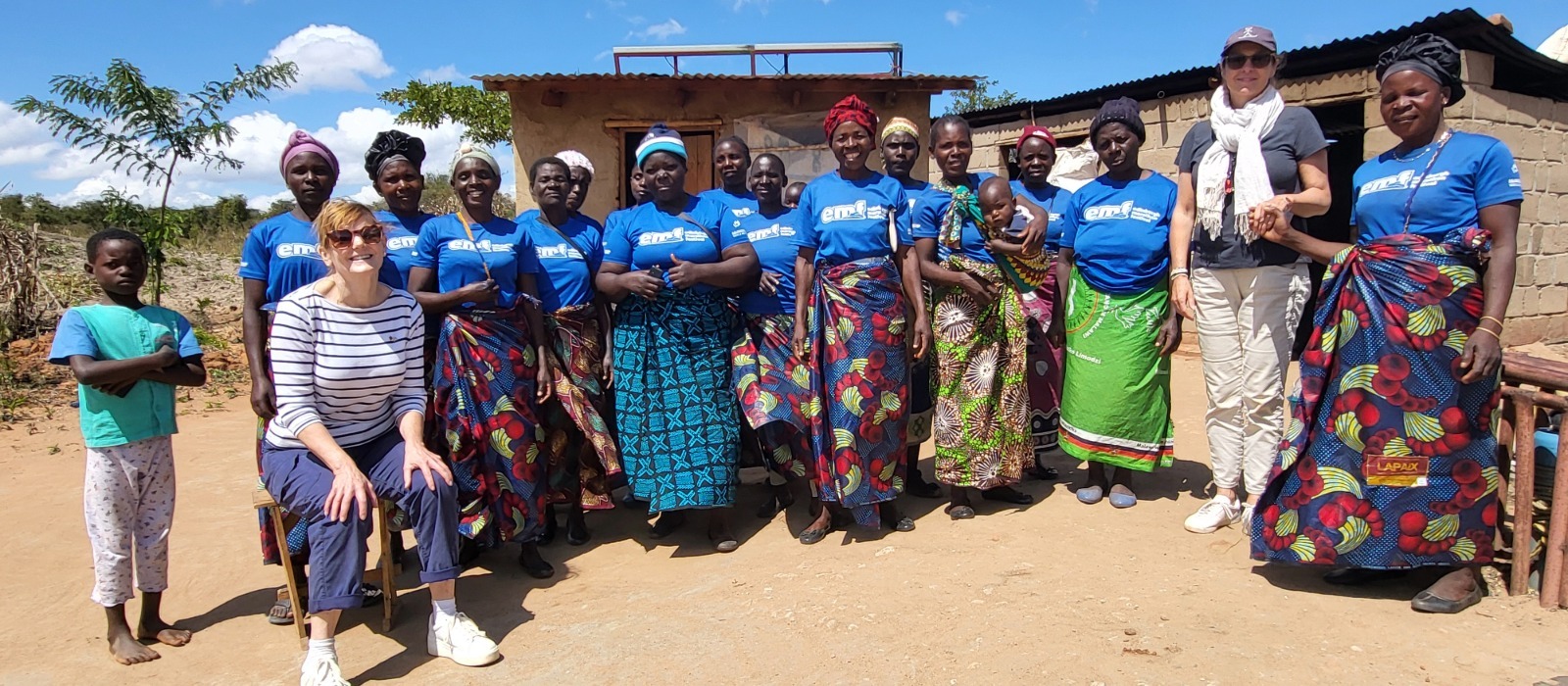Malawi: Lessons in Hospitality, Sanitation, and Community Leadership
Posted by Sarah Heward on 5th Sep 2025 Reading Time:
Welcome to this edition of Trade Talks, where we bring you insights straight from the fryers of the fish and chip industry. In this column, Sarah Heward, founder and co-owner of The Real Food Café, shares her perspective on the trade.
Towards the end of July, I wrote an article for the Ceres newsfeed as I was leaving to travel to Malawi on a learning journey.
In the article I explained the background to the trip, our history and success with fundraising for sanitation projects and why I felt the trip aligned with our values and goals at the café.
I’m back now and have just about caught up and recovered!
It was a gruelling trip emotionally, mentally, and physically. Nothing is easy. The lack of infrastructure means that there are few decent roads, limited access to clean water, sanitation, and food can frequently be scarce.
Despite the challenges, we travelled widely and packed a lot into our trip. I was delighted to be joined in this journey by a beautiful and great friend Carita.
Malawi brands itself as ‘The Warm Heart of Africa’.
In terms of the genuine welcome and generous hospitality we received from the hundreds of people we met, it more than lived up to its self-proclaimed title.
We split our trip up into three parts.
Part 1, was hosted by Toilet Twinning/Tearfund, the charity we support and included visits to rural schools and communities where we were able to see firsthand a few of the 350 toilets that the support of The Real Food Café customers has facilitated.
We saw and were told about the profound impact the toilets can make in a school and to a community.
It’s not just a case of raising standards of hygiene, reducing disease, and giving people dignity, all of which are very important, but also it’s about keeping girls in school after they start their periods.
The schools benefiting from the toilets have a ‘mother group’ that makes sanitary pads for the girls, and the toilet block includes a changing room for them to use at that time of the month.
In a country where what little infrastructure there is, is not built to last and frequently degrades or disappears in the rainy season, we were struck by the quality of the Toilet Twinning/Tearfund design and construction. They appeared to be high-quality, first-class facilities.
This section of our trip finished with a relaxing rest day at beautiful Lake Malawi.
After this, we travelled 500km north to Mzuzu. This was a long and dusty journey, but it was totally worth the effort.
The next day was an incredibly joyous day at Mzuzu University working with the students in the Hospitality & Tourism Faculty.

I was asked firstly to deliver a short presentation on Entrepreneurship and opportunities in global Hospitality & Tourism.
This was followed by a MasterChef style Street Food pitching competition where the students prepared and pitched their street food ideas, for prizes.
The enthusiastic engagement was super energising and impressive. The quality of the food and the presentations along with the questions they asked blew us away.
It would be nice to think that these young people will be the Malawian leaders of tomorrow, because I can’t help thinking the country would be better off for their intelligence, energy, and application.
The final leg of our journey was to a sustainable rural village and it’s community leadership organisation called Tafika. This was an organisation introduced by our customers who support Shoeshare Malawi, and I was able to reassure everyone that this organisation has first class leadership both in Scotland, and on site by some gifted locals and their natural born leader, the wonderful Shupo.
The villagers wore their shoes with pride and were very happy to show them off. Tafika is all about making sustainable improvements to the lives of the villagers. They base a lot of their activity around sport, which is a great way of engaging with people and empowering women and girls, in particular.
We took part in a netball practice and then cheered on the women teams as they up several gears and competed in a real live high energy and very fast-moving tournament.
This final leg of the trip was the most intense part of the trip as we covered a lot of ground physically and mentally visiting half a dozen ‘schools’ with over 1000 children in each, but without any real toilets.
We visited Tafika projects such as their greenhouses where they have a tomato growing operation, all staffed by village women, who have a stake in its success.
We saw the forest they have planted with over 30,000 trees. This is an important long-term investment finically and environmentally, as deforestation is a huge issue in Malawi.
We visited some of the extremely vulnerable people and families that Tafika support, where there is no access to clean water, sanitation, and insufficient food. This was hard for us to see, especially when it came to children with disabilities, but it was important we understood the realities of life for some.
One of Tafika’s partners is Mary’s Meals. We saw ample evidence of the outstanding work of Mary’s Meals, who incredibly are our nearby neighbour, based 12 miles from the café, in Dalmally, Mary Meals are a global charity feeding over 2,500,000 children daily who don’t have enough to eat, throughout the developing world.
Everywhere we went we were welcomed with dancing, singing, music, shows and sports.
People with very little made us welcome in their modest mud/brick homes and shared what limited resources and food they had. It was incredibly warm, humbling, at times moving.
There is lots to think about for the future, but I am now completely sure that sanitation is a most worthwhile cause to support and the more we can do, the better.
Malawi is a great country to focus on, not least because of its beautiful people as well as the historic and close links with Scotland established by David Livinigstone in 1859.
The trip has crystalised certain things for me.
-
Just how much the younger generation can teach us when they are motivated.
-
At its core, hospitality is about how you make people feel. I was made to feel at home, even though at times, I wanted to be at home.
-
Investment in quality yielding lasting results is the way forward.
-
Community led development works, but it requires strong, dedicated leadership with a clear vision and ability to communicate effectively.
We would like to thank the following people for their generous advice, guidance and care: Lindy and Vincent at Toilet Twinning/Tearfund, Mick and Kate James, Stuart Brown, The Scotland Malawi Partnership, Wilson Banda, Mzuzu University, Susan Dalgetty, Shupo and the community of Tafika.
Did you enjoy this Trade Talks column? Have industry insights or thoughts to share? We’d love to hear from you! Drop us a line at info@worldofceres.com.

